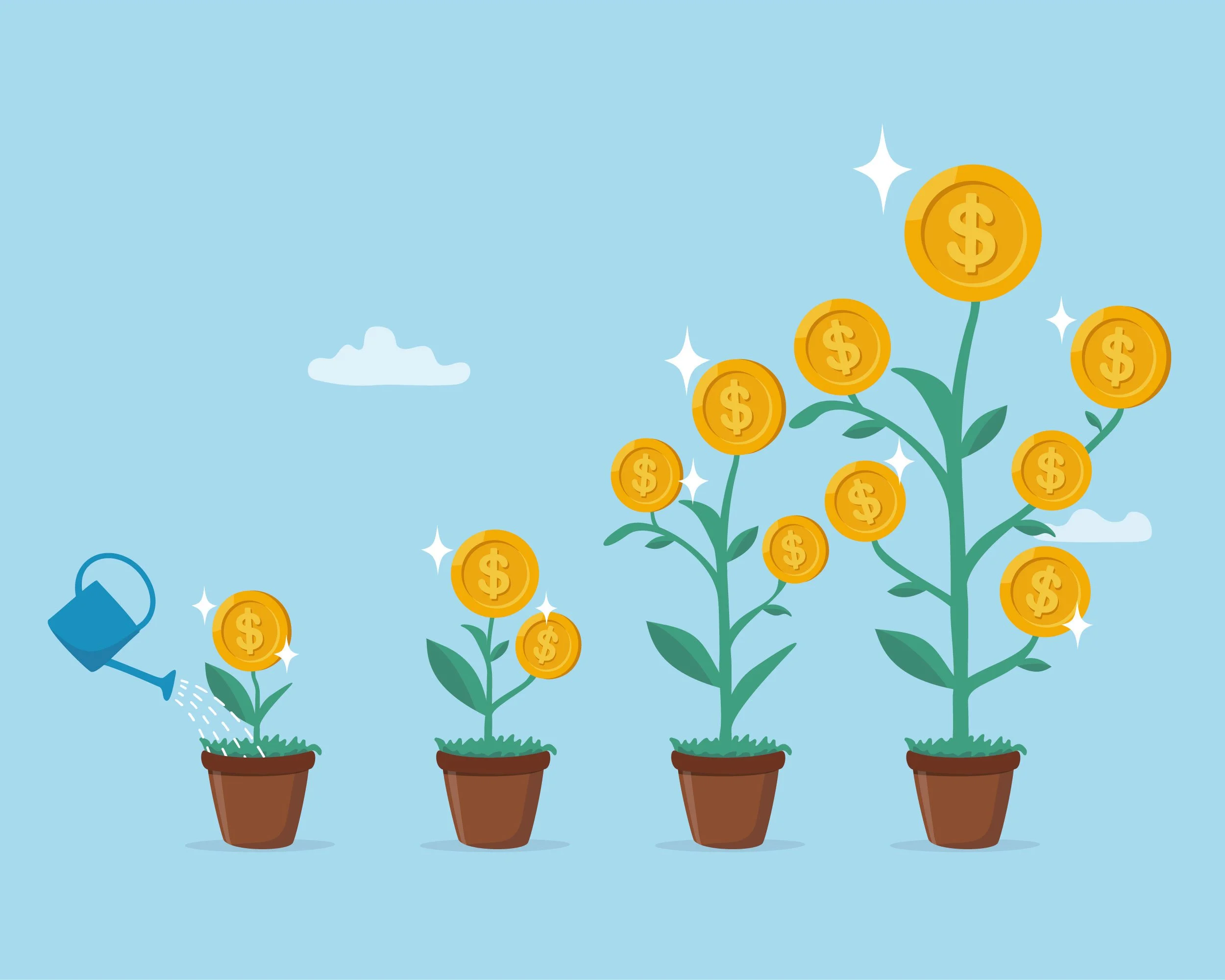Invest first. Pay your bills second. Spend what remains. I recently watched a video featuring a group of people in their 80s discussing money. One of their biggest regrets? Not investing small amounts consistently throughout their lives. I meet many people who feel they have “done everything right”: paid their bills, avoided debt, managed a mortgage, and contributed to KiwiSaver. Yet when it comes time to step away from work at 65, they’re confronted with too many outgoings and not enough invested assets to cover their retirement. Invested money grows. Compounding growth builds the wealth you will rely on later. Those in the video I watched didn’t work this out until it was too late. One of the easiest mistakes to make is to spend first and invest second.
All tagged Investing
Answering the Money Questions Readers Email Me About
I’ve been hitting “reply” to as many emails as I can this week. If you write to me, I will write back, but due to the volume of emails I get, there is often a delay. I respond to every single email because the questions asked are so valid and important to the person doing the asking. Every email is different, weaving together a set of circumstances in a new way, so I provide a bespoke response that links to tools and resources to help answer the questions. While each is different, though, there are commonalities. Most of my emails give people a simple starting point and a rough map to follow, so I thought that, as we head for Christmas, a time when a lot of people do sit down and focus on money, this might help you head into 2026 more prepared.
Life Update: Cost of Living
Is life really more expensive for my whānau of three at the moment? I honestly wasn’t 100% sure. So, I decided to find out - in detail. Why? Economically speaking, it feels incredibly gloomy at the moment. It would be easy to fall into that mindset, which, as an optimist, I am loath to do. So, the best option is to find some facts. Managing personal finances is a delicate art of pulling various income and spending levers, and I wondered if all that I’m doing is working. To calculate what our life currently costs, I pulled up two full years of spending and earning data and compared them; the results were interesting.
Applying The Barefoot Investor in NZ - 2025 UPDATE
The content I’ve created on applying The Barefoot Investor book to New Zealand remains some of the most regularly viewed on The Happy Saver, with collectively close to 100,000 views. I continue to gift his book to others because I believe it’s a perfect guide to getting on top of your finances. If you were to combine his book with Rebel Finance School’s free online course, you could pretty much call yourself “financially literate.” Since The Barefoot Investor remains so popular, it's time for me to update the March 2020 blog post I wrote, so that all those people reading the book for the first time, as well as those following along with The Barefoot Investor principles, have a reliable New Zealand resource to turn to.
What 220 Kiwi Net Worth Millionaires Told Us
Reaching a net worth of $1,000,000 is no small feat, it takes time, discipline, and a whole lot of intentional decision-making. I’ve been lucky enough to hear from over 220 Kiwis who’ve done just that, and they generously shared how they got there by filling out my Net Worth Millionaire Questionnaire. In this blog post, I used AI to analyse all of the responses, giving me a summary and highlighting the repeated themes across all submissions for each questionnaire question. The result? A fascinating look at how everyday New Zealanders are quietly building wealth. The beauty of becoming a millionaire is that, as you will see, there are many paths that lead to it. So, pick your own path, and enjoy the journey. Whether you’re just getting started or already on your way, I reckon you’ll find a few golden nuggets in what they had to say.
Mortgage or Investing? Why Not Both?
Andrea asked me this question, “Mortgage vs investments... One or the other, or both?” With two young kids, a $240,000 mortgage, and an eye on the share market, she’s wondering if delaying investing to get rid of the mortgage is the best move, or if she’s missing out on valuable time in the market. As our KiwiSaver balances grow as a nation, plus people become aware of share market investing as a successful way to make money outside of housing, more people question whether putting additional payments towards their mortgage is the ‘right’ thing to do. Would they become wealthier if they reduced their mortgage payments and invested that money instead? The fear of missing out is real.
Hedged vs. Unhedged Investments: Which One Should You Choose?
Question: Ruth, could you help me understand how to choose hedged or unhedged when investing? This is one of the most frequently asked questions I receive. Investing can be confusing. Not only do you have to consider fund provider, fund choice, and fees, but I often hear from people who come unstuck when they also have the option to choose between selecting “hedged” or “unhedged” for some investment types. Warning: This blog will be boring, brief, but essential.
How Our Daughter Will Pay Cash for University
Our daughter will likely attend University or Polytech in 2026. She still has to complete Year 13 in 2025, but after that, she has some decisions to make as she attempts to answer the dreaded and most commonly asked question, “What do you want to do when you finish school?” Going into further study is not a foregone conclusion, but it is certainly an option. As we spend the next year trying to help her decide what comes next, we will also take the time to help her (and us) financially prepare. She has no firm plans as to what she might do, but money comes in handy, that much I know. We want her to pay to study using cash. I’ve met too many ex-students who regret their student loans. Given we all know this cost is coming, we can save for it.
Your emails keep me busy, and I’ve picked a few to share with you.
My inbox is cluttered with hundreds of different threads of conversations, which in turn means I struggled to find a true focus for a blog post this week. But I often think I’m receiving and sending out some real wisdom, and it's a shame it never reaches a broader audience. So, today, I’ve scrolled back through my inbox from the last week or two and pulled out a few threads from some emails I’ve received.









